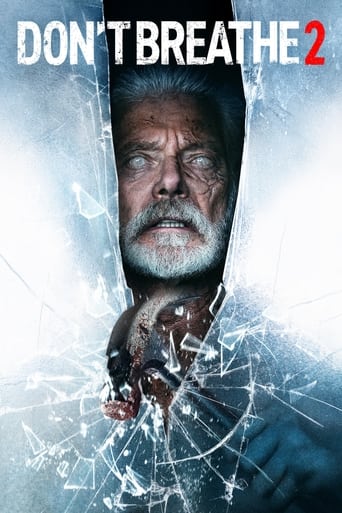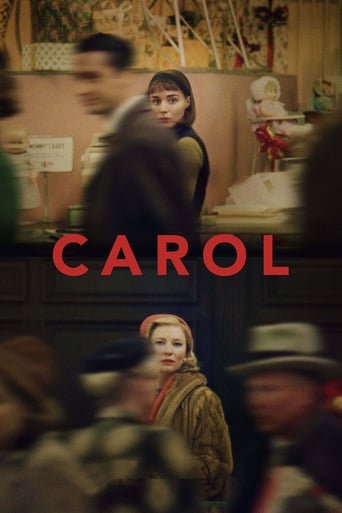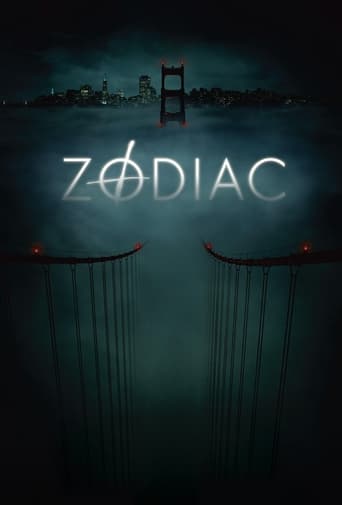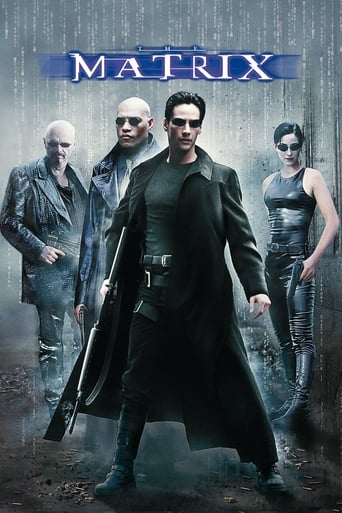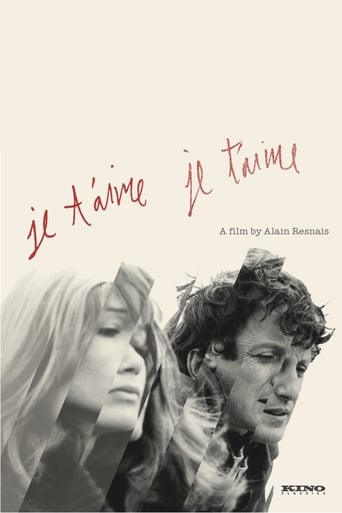


Je T'Aime, Je T'Aime
Recovering from an attempted suicide, a man is selected to participate in a time travel experiment that has only been tested on mice. A malfunction in the experiment causes the man to experience moments from his past in a random order.
-
- Cast:
- Claude Rich , Olga Georges-Picot , Anouk Ferjac , Van Doude , Claire Duhamel , Bernard Fresson , Irène Tunc


Similar titles
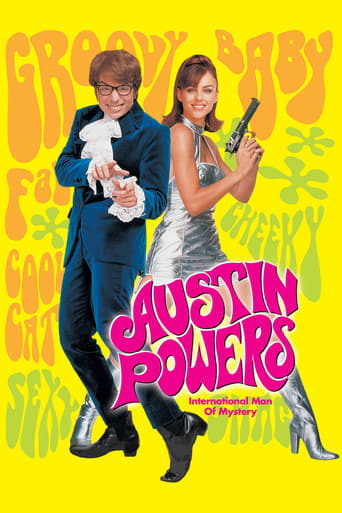
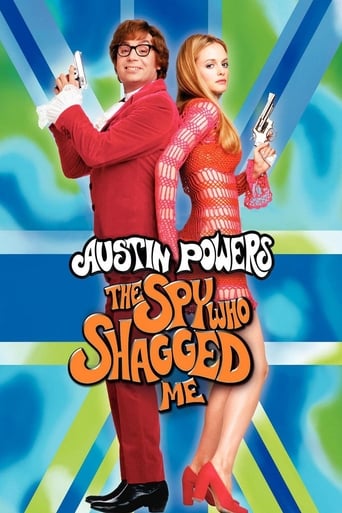

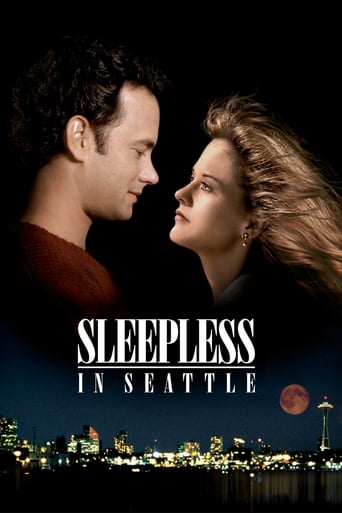
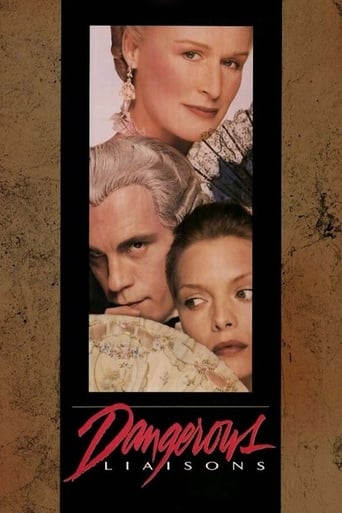
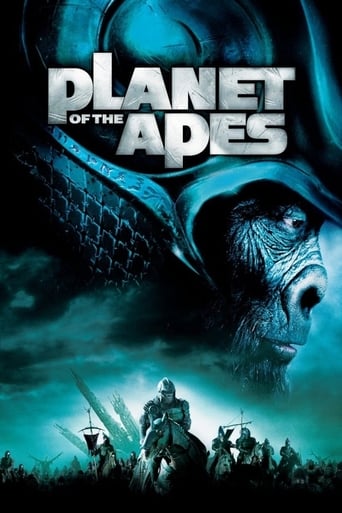
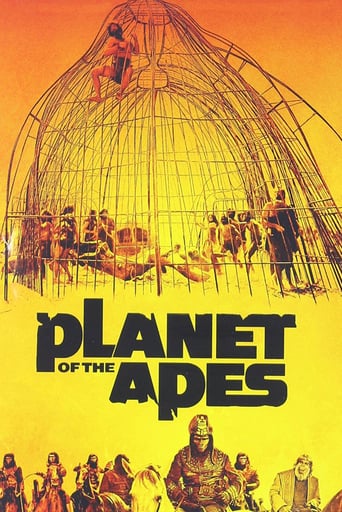



Reviews
To me, this movie is perfection.
The Worst Film Ever
Sorry, this movie sucks
Don't listen to the negative reviews
The typically pretentious, existentialist French mon-Dieu-what-is-this-thing-called-life-all-about nonsense wears out its welcome fairly quickly, leaving us to survive the drudgery of 90 minutes of two dull characters droning on and on, with scenes thrown around as if discarded by a garbage-disposing stewardess leaning out of the window of a flying plane. I would have loved to be in the editing room when they made this flick. "Where does scene 59 go?" the editor asks. "Just stick it somewhere in the first half," replies the director. "But what if it confuses or bores the viewer?" asks the editor. "What's your point?" replies the director.Therein lies the film's crucial rub: the notion that pasting together a bunch of often unrelated or only vaguely related scenes in an almost random order can somehow make for riveting cinema. The movie drags on and on, and the tedium rarely lets up. One keeps hoping that eventually the director gets tired of his collage-like approach, but he never does. Yes, we get it; this isn't a conventional time-travel sci-fi but a semi-pretentious psychological drama with plenty of fortune-cookie philosophy hoping to pass of as profound insight into life's many mysteries. Or is it just a pointless analysis of the downfall of a skinny Frenchman? Bla bla bla bla. Big f-ing deal. The whole existential shtick is some kind of a loony obsession by France's New Wave buffoons, and gets old fairly quickly (except the cat hypothesis).JTJT is also typical of many French dramas from the 60s and 70s: 1) the male protagonist is skinny, 2) he sleeps around with attractive women, 3) he is unfaithful, 4) his unfaithfulness is portrayed as commendable and a badge of honour not to mention proof of high machismo, 5) he is way out of the league of all the women he sleeps with and yet he somehow gets them into bed despite not being a wealthy man, 6) all the women he has affairs with are half his age (admittedly, that's a small difference; many French films have an age ratio of 56:15 i.e. a 56 year-old man dating a 15 year-old Lolita), 7) at least one of the characters is a hobby philosopher, constantly musing about this fascinating world, and 8) the skinny Frenchman cheats on his attractive women – rather than the other way round, which would make a whole lot more sense.How many women have any of you ever met that constantly philosophize about the world? Who make up unusual theories about the world? Exactly: you don't know any and you've never met anyone who has ever known such a woman. It is characteristic of French movies to be cut off from reality, i.e. how real people behave. God forbid a Frenchwoman in a French drama should talk about shopping all the time – that would be too realistic (though in this case no duller than most of the conversation pieces we're subjected to). After all, French movies are to the most part male fantasies disguised as meaningful dramas, to varying extents: either the middle-aged male protagonist dates women in their 20s or those in their early teens; that's the only difference. Also, sometimes the male protagonist is bald and ugly, whereas sometimes he is merely skinny and average-looking, as is the case here. But essentially it's the same shtick over and over: male fantasies told in a number of more-or-less not-that-different ways: this time it's time-travel, but Resnais could just as well have picked a costume drama, or a rundown post-office.By the time the plot's tempo finally shifts from turtle speed to occasional frog-hops (baby frog), I'd lost interest. Claude's time-travel maze is hardly a cinematic extravaganza. Instead, the time-hopping is filmed and offered in such a dry, lazy and sterile manner that it makes a mockery of the genre term "sci-fi". The photography is fairly poor for its period, the hundreds of scene-changes were glued together in a dull, unexciting manner, and the characters are neither interesting nor likable. It's hard to give a toss about this man; he is neither fascinating nor a man of high morals. So why give us this much insight into his life? Given a choice between a more conventional time-travel flick and a lame character drama, the choice is simple – at least given THIS kind of dialogue, this director's lack of imagination (or sheer incompetence?), and the non-exceptional cast.Catherine's "God as Cat" idea, however, is quite good. (She says that God might have created the cat in his own image, and then created man to serve the cat.) It would certainly explain why cats rule the world, whereas French movies don't.A clever twist would have been the revelation that the team of bored-looking scientists had in fact used this man for the experiment over and over, time and time again, leaving the movie in a sort of endless loop. Obviously, some scenes at the beginning would have to be re-written, and it's not terribly original either, but at least that would give us SOMETHING as a conclusion. As it is, we find out that the experiment had failed (well, not really: he did travel to the past, didn't he? So why was everyone so down on themselves?) and that's pretty much it. Not enough by a long shot.I shall now explain to you why this movie has such a high average. It is because it is a French drama made in the 60s (although any other period would do) and by a left-wing French director. If this had been an American drama, with the exact same kind of dreariness and Philosophy for Beginners 101, it would have had a much lower rating. That's because movie-goers – generally so against prejudice – are prejudiced against American cinema, while prejudiced in favour of French, Iranian and Swedish ones. Stupidity and confusion have many manifestations, and this is but one of many.
A man (Claude Rich) is selected by a group of scientists to participate in a new experiment that involves time travel. It seemed to have worked with laboratory rats but since those can't speak they need to test with a human, in this case a man who is recovering from a failed suicide attempt after the death of his lover. As the researches claim, he's a perfect choice because he has nothing to lose. The tragic "guinea pig" thinks the same and joins the test, confining himself into a strange machine that goes back in time, although very jumpy, going back and forth without any logic, replaying facts of the man's life before his suicidal act. Most of the flashbacks revolve around the time spent with the woman he loved, good moments turned into painful memories to the subject trapped in the machine, who wakes up from time to time due to the project's malfunctions.Alain Resnais devotes his time here in presenting who the main character was instead of focusing in the utility of a time travel projects, which reveals to be quite empty since it's very risky, actions can't be altered, everything is doubtful and flawed. It deconstructs the character through random flashbacks, completely out of order and very repetitive, almost like waking up every morning in "Groundhog Day" (instead of punching the clock alarm, the recurring scene is a happier moment of the man coming out of the sea talking about the fishes he saw there, a tender moment with his lover). Sometimes it goes forward when it's time to explain what truly happened with his woman, by the time everything gets deeply confusing and a little more frightening. This movie's concept is great, but there isn't much gain when you don't have answers to some questions, and above all it's lack of a true purpose makes of "Je'Taime, Je'Taime" ("I Love You, I Love You") something remotely interesting, difficult to endure and more off than on. I loved the fact of this being a sci-fi movie that doesn't circulates with scientifical mambo jambo, it's more humanistic in this aspect. But in the real human level it's very brainy, exquisite, lacking in heart, passion and exceeding in small talks and distractive actions. I didn't fell anything for the couple, the fragments of what they had in common wasn't enough for me to develop any kind of feeling for them; the man, on the other hand, was a brilliant and tragic character with genuine emotions, slightly uncertain why he went ahead in joining the test, enjoying in revive the life he had but at the same time hating the awkward experience of not seeing things as they were, with clarity - the machine, the drugs taken interfere in everything, causing him some pain. We ask ourselves if we would do something like that. Technically fascinating with its unusual editing (for the time) but a little dead inside, this is a nice film that surely leaves you thinking but not much loving and dreaming and wanting more. Would benefit of an American remake, but too bad some would see it as a clone of "Eternal Sunshine of the Spotless Mind". 6/10
Ostensibly buried upon release under the avalanche of the '68 events, a time when the Parisian youths were more keen to plan for a radical future than lament a forlorn past (and perhaps as preparation spent their movietime away from the streets watching Week End or La Chinoise, films that rehearsed their efforts), in this Resnais film we find no eternal sunshines and no spotless minds. We find only memory, this destructive facet of consciousness grinding out its painful cycle of endless returns.I had anticipated a complex film, it's what fans of it insist, instead it's the most simple of Resnais' features I have seen. We see here a life rearranged out of time, a love affair, a death. We see how the lovers met, what idle or affectionate time they shared on the same bed, how they hoped or thought to communicate and know one another but probably didn't, the man's struggles to maintain the closeness in the relationship and his failure to do so. We see how they grew apart and broke up, and what happened of them.Resnais' touch is that we don't see any of this in that order, rather as convalescent images relived, as though there might not be pattern there. But once the novelty plays out, he doesn't take it far enough. He has to rely on montage for all this, and acquits himself rather well. When they break up, he doesn't follow the scene with something from older, happier times, the contrast would've been much too easy, instead he gives us an anonymous scene from a time inbetween where she's crying on his shoulder.It's a simple film only because it comes by the hand of Resnais. In retrospect he was perhaps unlucky to make Hiroshima mon Amour his debut. And as followup, the complete, perfect abstraction of it. What was left for him to go next?
This film's a landmark in french sci-fi. To be honest, french sci-fi can almost be summarized in 'La Jetée', 'Paris n'existe pas' (don't even try to find this one...) and 'Je t'aime, Je t'aime'. Watch the last to catch a glimpse of the process in which Resnais can create a powerful masterpiece out of nothing. The plot's rather simple; a neuropathed mood man (Claude Ridder) who tried to commit suicide is selected by a secret organisation in order to experiment a very dangerous and quite hopeless travel, a journey in his own past. If you ever experienced resnais' border lined cinema, you'll obviously understand that this movie will not use the same old usual vision of time travel, (basically 'where and when' HG Wells stuff ) Formally, try to see it as a sequel of emotional paintings of the hero's past life (more than 150 sequences from 2 seconds to 2 minutes, which may or may not have links between them), about the life which he and his accidentally past away wife Catrine tried to built in the late 60's in Paris. A forced introspection by the most violent and merciless way to revive key moments of his life (re-live them as they happen is the scientific purpose but why not re-live them mixed up with his subjectivity ? How great is the strengh of our past on the present when we have the opportunity to change it ? This film's also about weakness of memories in front of memory's complexity) brought by an organic space machine would of course make the travel more difficult than it is for his companion, an academical white mouse which allow itself to sneak into his past. Human perception of the so-called reality, our ability to create new ones every morning and every time 'self-interrogation about memory and memories' comes from the bottom of forgetfulness to the present moment to change our view on events are described in such a unique and powerful aesthetic way that this piece of cinematograph makes 'Je t'aime, Je t'aime' an unique experiment as 2001 is and will be. No less.



